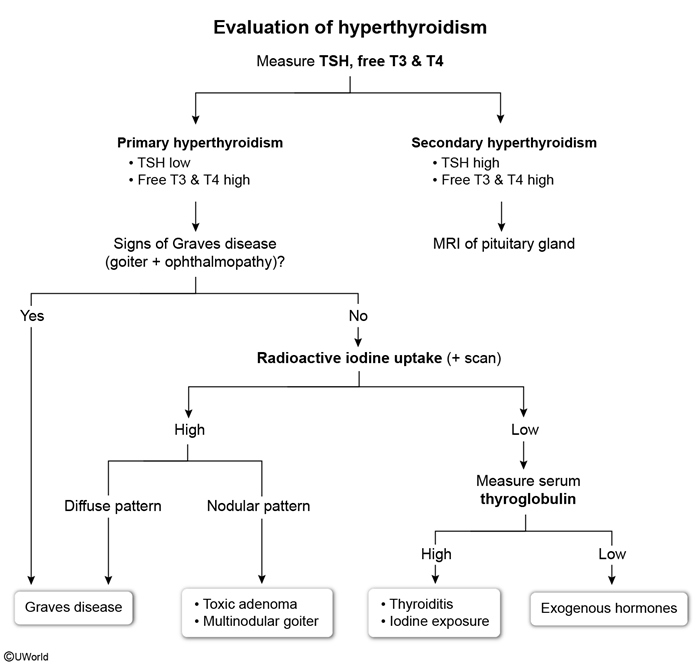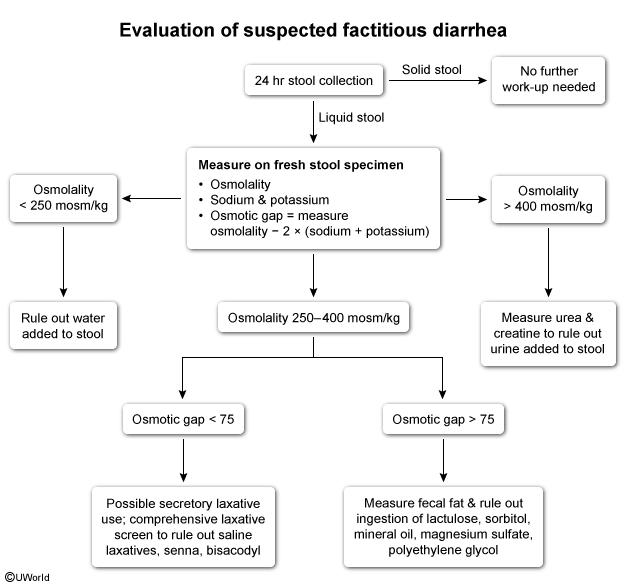Factitious Disorder Imposed On Another
Article Sections
Introduction
Factitious disorder imposed on another (FDIA), previously known as factitious disorder by proxy, is characterized by the intentional falsification of symptoms or induction of illness in another person (eg, parent, child), often resulting in unnecessary and excessive medical interventions. There are no obvious external rewards (eg, money, medications) associated with the deceptive behaviors. This diagnosis is given to the caregiver, not the patient, and is a form of abuse subject to criminal penalties. When the patient is a child, a diagnosis of medical child abuse is given (Table 1).
Epidemiology and risk factors
Accurate prevalence rates for FDIA are difficult to estimate due to the deceptive nature of the behaviors and the varying severity of cases, likely resulting in underreporting.
The majority of caregivers are mothers intentionally harming their children. Those experiencing FDIA are usually vulnerable due to age and awareness level (eg, children age <6, elderly patient with cognitive impairment, nonverbal individuals).
Continue Learning with UWorld
Get the full Factitious Disorder Imposed On Another article plus rich visuals, real-world cases, and in-depth insights from medical experts, all available through the UWorld Medical Library.
Unlock Full AccessFigures

